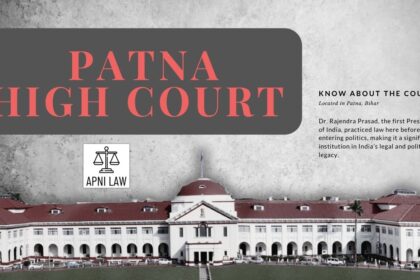Code
(1) If any such assembly cannot be otherwise dispersed, and if it is necessary for the public security that it should be dispersed, the Executive Magistrate of the highest rank who is present may cause it to be dispersed by the armed forces.
(2) Such Magistrate may require any officer in command of any group of persons belonging to the armed forces to disperse the assembly with the help of the armed forces under his command, and to arrest and confine such persons forming part of it as the Magistrate may direct, or as it may be necessary to arrest and confine in order to disperse the assembly or to have them punished according to law.
(3) Every such officer of the armed forces shall obey such requisition in such manner as he thinks fit, but in so doing he shall use as little force, and do as little injury to person and property, as may be consistent with dispersing the assembly and arresting and detaining such persons.
Explain it
This section grants the Magistrate the authority to request the assistance of the military when:
- An unlawful assembly, riot, affray, or any other disturbance of the public peace occurs or is anticipated.
- The Magistrate believes the regular police force is inadequate to handle the situation.
It’s important to note that this power is exercised only when the situation necessitates it and the ordinary police force is insufficient.
Illustrate it
Imagine a large-scale protest that turns violent, causing significant damage to public property and posing a threat to law and order. In this scenario, if the police are outnumbered or overwhelmed, the Magistrate can request military assistance to restore order and protect public safety.
Common Questions and Answers
Q: Can the military independently disperse an unlawful assembly without the Magistrate’s orders?
A: No, the military cannot act independently. Section 130 CrPC mandates that the Magistrate must request their assistance.
Q: What are the limitations on the use of military force?
A: The use of force must be proportionate to the threat posed, and the military must act under the supervision and control of the Magistrate.








